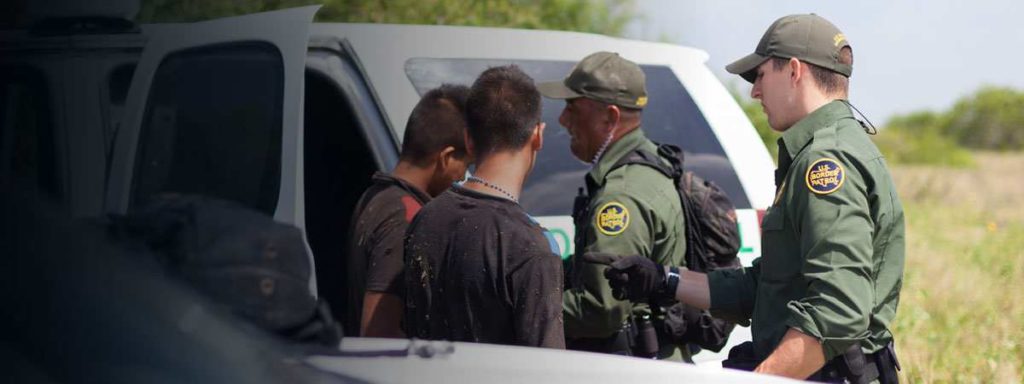The New Hampshire chapter of the American Civil Liberties Union (ACLU) is challenging a circuit court on behalf of 18 people charged with drug possession after being stopped by customs and border protection agents in August and September.
U.S. Customs and Border Protection stopped hundreds of vehicles roughly 90 miles from the Canadian border on Interstate 93 in August and September, and the Woodstock Police and New Hampshire State Police charged 44 of those people with drug possession, mostly for small amounts of marijuana, according to The Associated Press.
Officers used drug-sniffing dogs to find any contraband.
The ACLU’s motion filed Friday argues that using evidence gathered during federal searches in state prosecution cases violates the state’s constitution, which is more protective of privacy than the U.S. Constitution. The ACLU wants a circuit court judge to dismiss all drug charges.
A co-counsel on the case and a University of New Hampshire law professor, Buzz Scherr, called the searches a “fishing expedition for criminal activity,” which is not permitted under the state’s constitution.
“The government used these checkpoints to invade the privacy of hundreds — perhaps thousands — of individuals legally traveling through the White Mountains,” said Scherr. “Given this significant intrusion, these checkpoints can only be described as the imposition of a police state.”
While border agents are permitted to set up checkpoints within 100 miles of U.S. borders, New Hampshire courts have held that authorities must have a warrant or reasonable suspicion to use a police dog to sniff out contraband.
The legal director for the ACLU-NH and co-counsel on the case, Gilles Bissonnette, said the checkpoints have “flagrantly violated” the state’s constitution.
“The New Hampshire Constitution is more protective of privacy than the United States Constitution. Yet (Customs and Border Protection), the (Woodstock Police Department), and the State Police all ignored these added privacy protections afforded to individuals in New Hampshire. They searched and seized all the individuals at these checkpoints without any reason to believe that they had committed a crime. This is not how a free society works.”
Woodstock Police Chief Ryan Oleson informed the New Hampshire Union Leader after the summer checkpoints that federal authorities have “a lot more leeway.” Oleson did not respond to the AP’s request for comment Tuesday.
A hearing for the court filing is set for Jan. 11 in Plymouth District Court.
credit:marijuana.com






